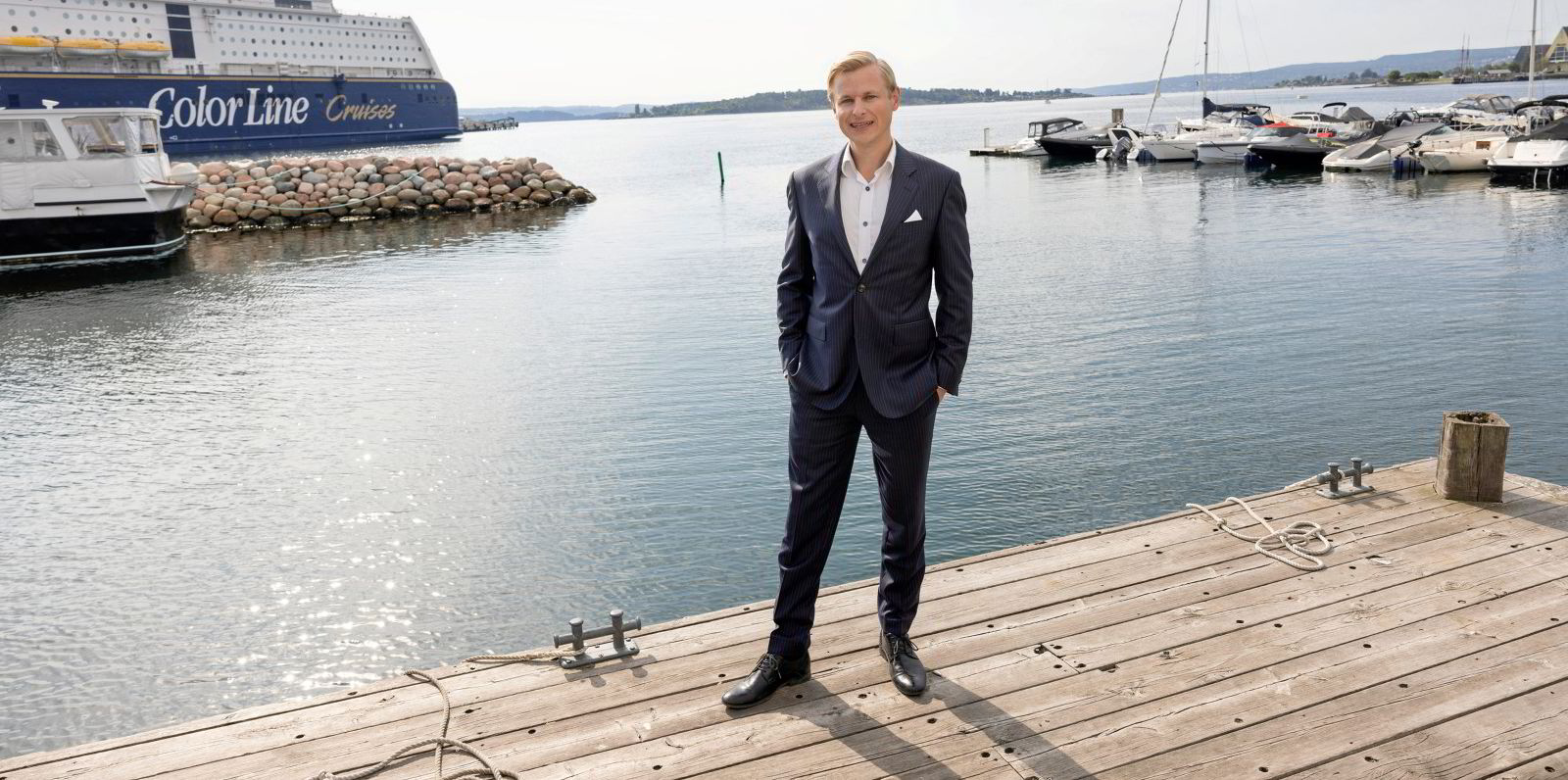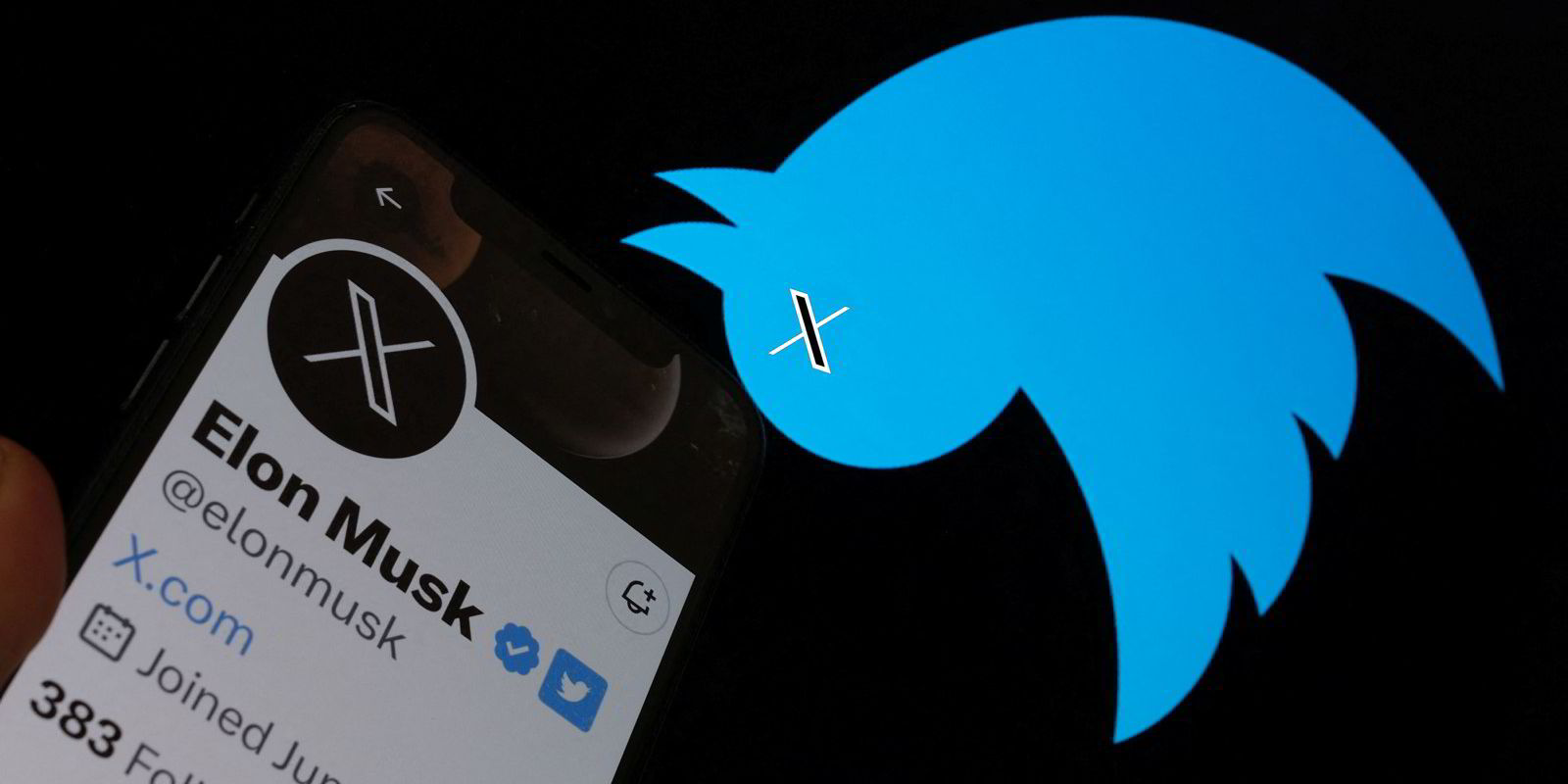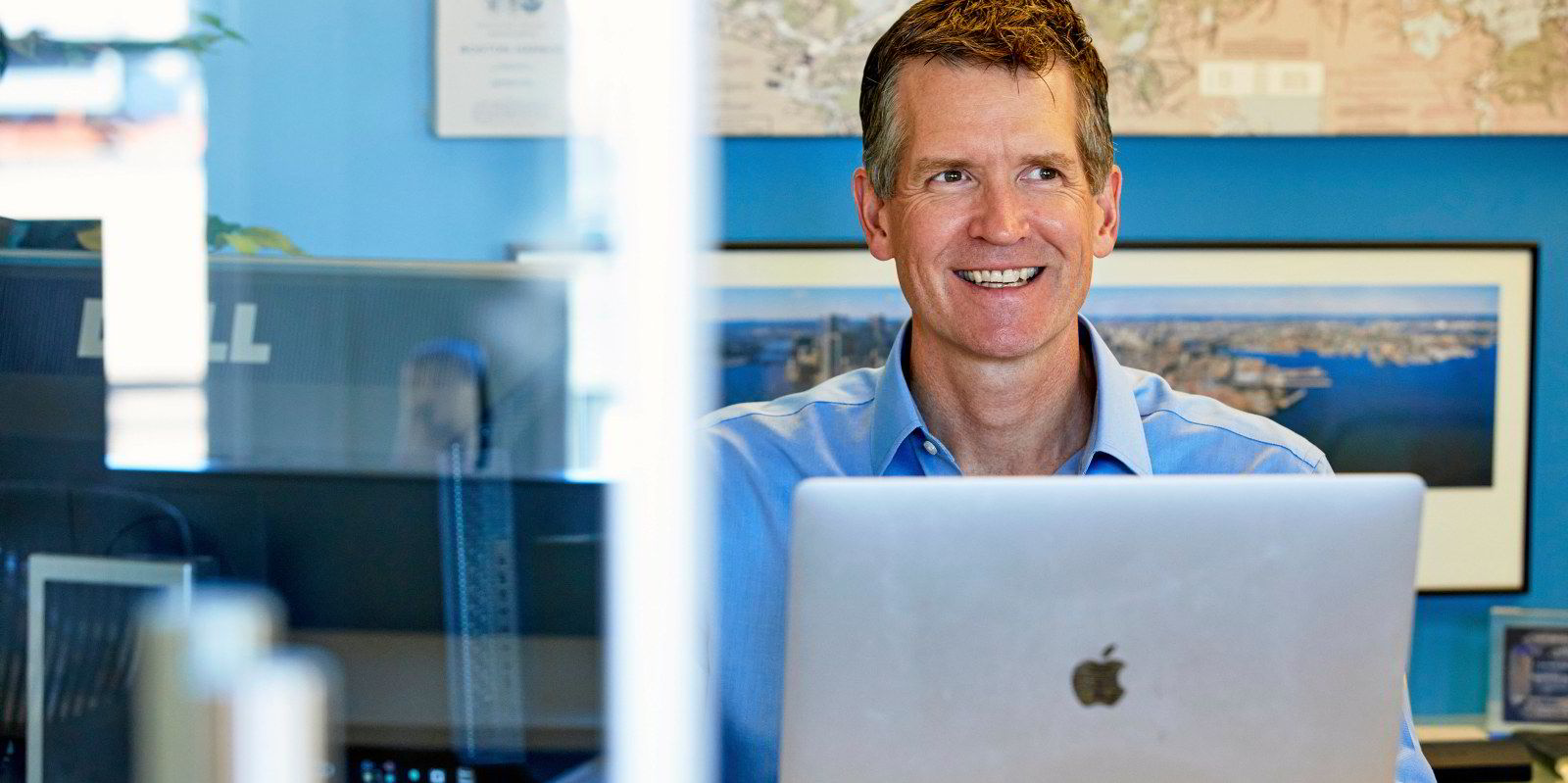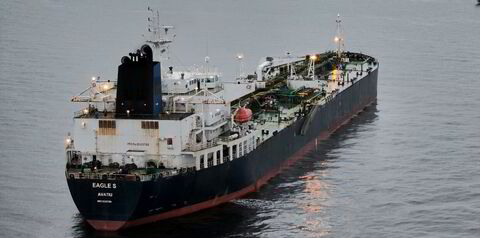“Social media — ignore it at your peril.” That was the message of a Marine Money session in New York in June.
But, weeks later, social media seems to be having a wobble. Twitter has changed its name to X on the whim of its new(ish) owner Elon Musk amid talk of its demise. The launch of Threads has been dubbed a damp squib. And LinkedIn continues to inspire with videos such as “Blind dog discovers puddle”.
The smartest people in shipping have always been the ones who can skillfully manipulate the flow of market information or else gatekeep it. For shipping, Twitter has changed that to powerful effect.
The platform has not only democratised access to market information that was once difficult for outsiders to see, it has rallied the commentariat, too. It has become a pungent ecosystem where shipping folk — many behind anonymous accounts — air their freshest, smelliest, dumbest, cleverest, most/least funniest opinions. Stuff you wish you would never read and stuff that you wish you would have tweeted first.
Love it or hate it, you cannot deny this cattle market of ideas increasingly shapes the culture of shipping. And it just might be the one place where sentiment is made manifest, where you can watch the bulls and bears fight it out in real time.
But it seems that already there is a sense of an ending for what was once known as “The Bird App”, now being referred to as “The Hell App”, following injurious technical changes under Musk’s leadership.
I think that would be a shame — but, to back me up, I asked someone with more followers than me.
J Mintzmyer, founder of shipping-focused investment platform Value Investor’s Edge, is one of ShipTwit’s biggest names with more than 29,300 followers. He joined the social media-focused panel at Marine Money and, like me, finds it hard to imagine life without the constant stream of information and dialogue he gets from Twitter.
“Twitter is head-and-shoulders above every other platform,” he told me. “Facebook, Instagram and TikTok lack the professionalism and curated audience and LinkedIn is far too self-promotional: everyone is too busy kissing everyone’s ass to get much proper debate or dialogue going.”
I tend to agree, even if I think that Mintzmyer’s summation of LinkedIn neglects to mention the important thought leadership of videos like the one of a cat trying to get inside a shoe (“Never give up!”).

Musk’s hair-raising purchase of Twitter demonstrates why you should never buy something for more than it is worth if you do not understand how it works. How fitting, then, that Twitter has been such an invaluable resource for would-be investors who are interested in committing their capital but are unfamiliar with shipping.
And as much as shipping would have you believe that it gets ignored, the huge number of people that follow certain ShipTwit accounts says otherwise.

Hedge fund manager Joakim Hannisdahl of Gersemi Asset Management has gained a fervent following — more than 24,500 people — by simply disseminating his research freely and consistently. Breakwave Advisors has leveraged the power of social media to publish research and market its bulker and tanker-focused exchange-traded funds to more than 11,200 followers.
Public companies that engage well with investors on social media also seem to receive better valuations too. Investors especially like management who seem authoritative yet approachable. Mintzmyer pointed to Oystein Kalleklev, chief executive of Flex LNG — “The Flexecutioner” as he has been dubbed by online fans — as just one example.
“It is probably no coincidence that FLNG trades at one of the highest valuations of all shipping firms we cover,” Mintzmyer said.
“Okeanis Eco Tankers [OET] carries one of the highest valuations in the tanker sector and, of course, most of this is due to the combination of attractive assets, strong operating results, and generous shareholder returns, but I believe Aristidis’ [Alafouzos, CEO] online involvement has been a clear positive.”
It works the other way, too. Social media can be a powerful tool in warning would-be investors. Maxim Group, which has underwritten a large number of dilutive share and warrant offerings by shipping companies, has stirred anger online. Eagle Bulk Shipping’s expensive buyout of Oaktree Capital Shipmanagement’s shareholding has drawn criticism as well.
If Twitter goes the way of the dodo, it will not be a catastrophe but we will be losing a rare corner of the world where people are saying what we are all secretly thinking, our rolling reality check and an influential direct line to the general public.
Perhaps the smart people in shipping should be thinking ahead to how similar online spaces can be created in the future to empower stakeholders like investors — or maybe just for fun.






